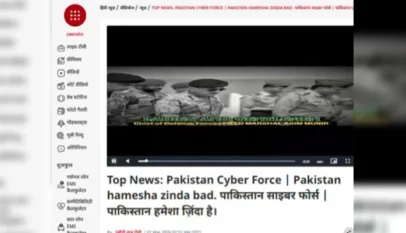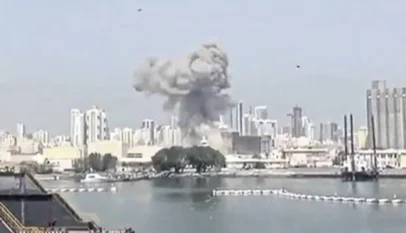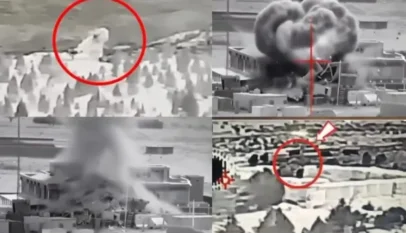
(REUTERS) — Global financial markets took a sharp hit as Israel launched military strikes on Iran, triggering a surge in oil prices and a broad flight to safe-haven assets like gold and the U.S. dollar.
Stock markets around the world tumbled in response to the escalating conflict. The Dow Jones Industrial Average fell 1.8%, the S&P 500 dropped 1.1%, and the Nasdaq Composite declined 1.3%. European markets also felt the impact, with the STOXX index falling 0.9%, briefly hitting a three-week low. Major Asian bourses in Japan, South Korea, and Hong Kong saw losses of over 1% each.
Amid the geopolitical turmoil, U.S. President Donald Trump called on Iran to return to the negotiating table regarding its nuclear program, suggesting that there was still time to avoid further escalation. However, later in the day, Iran retaliated by launching missiles toward Israel. Explosions were reported in Tel Aviv and Jerusalem as air raid sirens blared across Israeli cities on Friday night.
Oil markets reacted sharply to the developments. Brent crude, the global benchmark, jumped 7% to close at $74.23 a barrel after earlier surging more than 13%. U.S. crude followed suit, ending the day up 7.62% at $72.98 a barrel. Natural gas prices also spiked, with U.S. prices rising around 3% and European gas climbing over 5% to a 10-week high.
Gold, traditionally a safe-haven asset in times of uncertainty, rose 1.4% to $3,431 per ounce—approaching its all-time high of $3,500.05 set in April. The dollar also saw renewed demand, with the dollar index gaining 0.5% to 98.16, recovering most of Thursday’s losses. The Swiss franc briefly hit its strongest level against the dollar since April 21, while the Japanese yen and euro saw mixed performance.
Bond markets displayed a tug-of-war dynamic. U.S. 10-year Treasury yields rose 5.6 basis points to 4.413%, as investors weighed the inflationary risks of higher oil prices against a broader flight to safety.
“This is a flight-to-safety event,” said James Rossiter, head of global macro strategy at TD Securities. “But markets are struggling a bit. In the fixed-income space, you’ve got an oil-price shock that is inflationary, suggesting a more hawkish Fed outlook. On the other hand, safe-haven demand should push bond yields lower.”
Wells Fargo Investment Institute’s Sameer Samana noted that while the conflict injects short-term volatility, it could also create buying opportunities for long-term investors—particularly in U.S. large-cap equities and commodities.
Meanwhile, investors remain on alert for additional instability, including planned protests in U.S. cities on Saturday following recent immigration raids in Los Angeles, adding another layer of uncertainty to already volatile markets.
As the situation between Iran and Israel continues to evolve, global markets are likely to remain on edge, with investors closely watching for signs of escalation or de-escalation in the conflict.
Indian News channel hacked, pro-Pakistan content broadcast briefly
(Web Desk) — Indian television channel ABP News was temporarily disrupted after hack…












